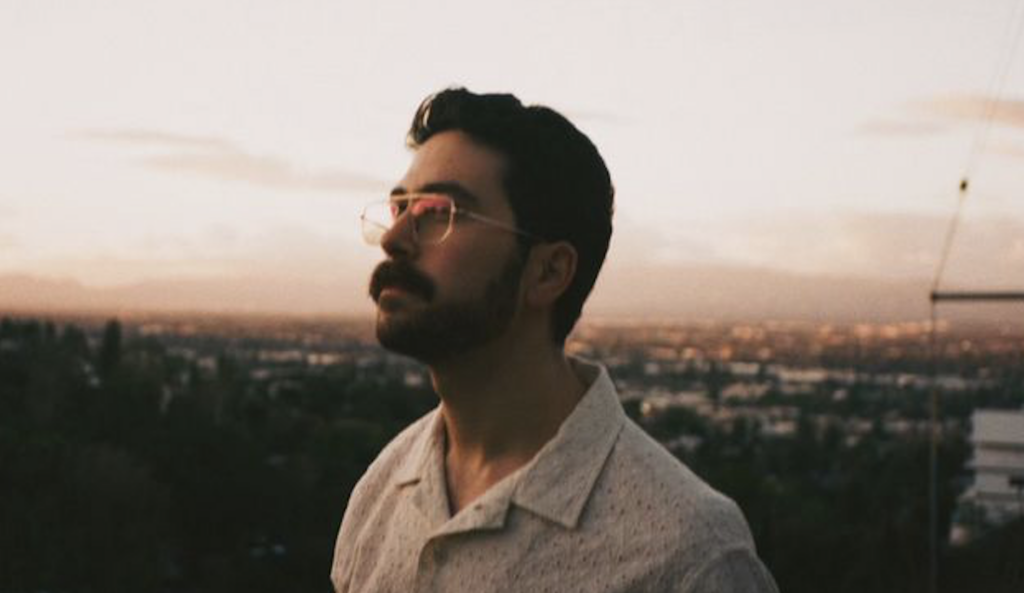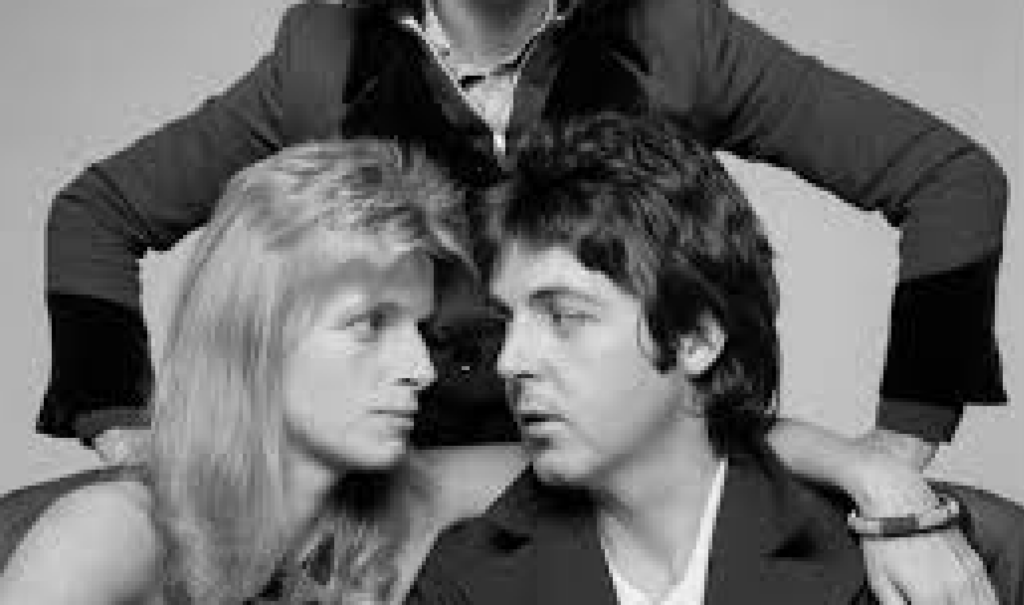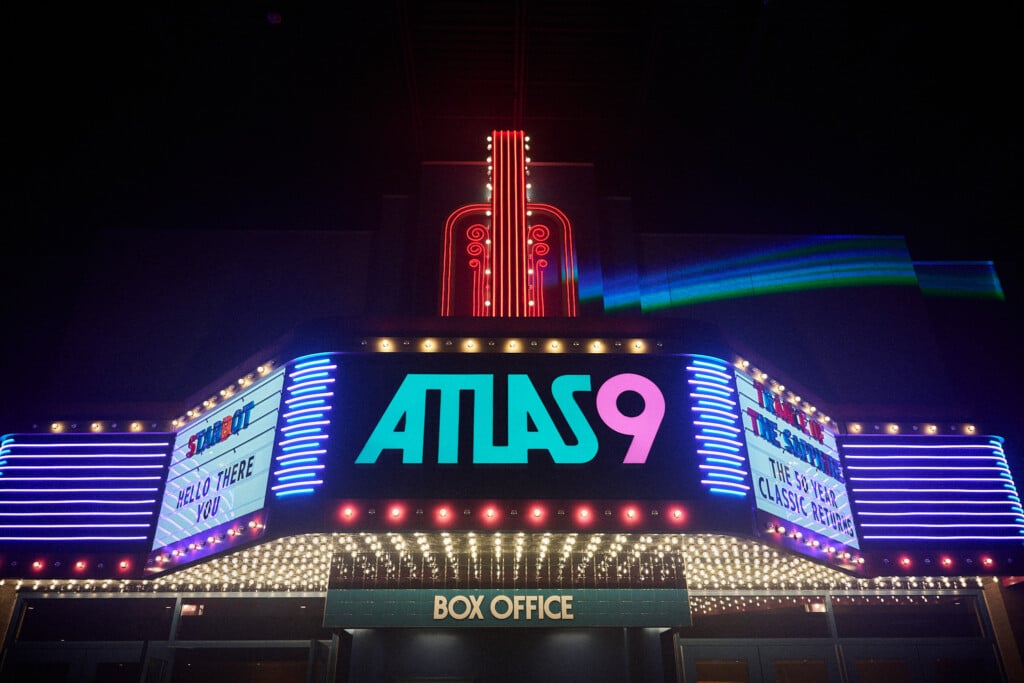Good Shot
Andrew Niccol’s first two films as writer-director, 1997’s Gattaca and 2002’s S1m0ne, were hollow, sterile sci-fi masquerading as earnest satire: The former told of a near future in which parents could genetically engineer perfect children; the latter was about an actress who became the most famous and beloved movie star in Hollywood, though she existed only as bytes on a hard drive. One can’t discount his 1998 screenplay for The Truman Show, a prophetic look at reality television, but despite that movie’s acuity, the three films add up to very little: stories in which people aren’t who they believe or want to be.
Lord of War‘s Yuri Orlov, played by Nicolas Cage, is easily the best character Niccol has written — a beastly wretch who exists in this world, not in the daydreams of a filmmaker prone to using science fiction to make his dull points. Yuri, a Ukrainian émigré biding his time in New York’s violent, gangster-run Little Odessa, is a peddler of weapons who does what he does solely to make money; he takes no sides except his own. Yuri is not a symbol of anything other than greed run amok. He is a bad man who believes himself good because he can provide for his cover-girl wife (Bridget Moynahan) and their son. Weaknesses such as conscience are left to other people, who will inevitably find themselves staring down the wrong end of the merchandise.
Which is not to say that Lord of War doesn’t proselytize the way Niccol’s other movies do. Niccol interrupts thrilling moments, scenes of dazzling technical prowess or dark, kinetic humor to remind us that Yuri is ruinous and immoral, an accessory to genocide the world over. Ethan Hawke, as Interpol agent Jack Valentine, chasing Yuri through war zones in Africa and Russia, doesn’t deliver lines of dialogue; he speechifies, lecturing Yuri about his horrific job as a merchant of death. “You get rich by giving the poorest people on the planet the means to continue killing each other,” Jack tells Yuri. “Nine out of ten war victims today are killed with assault rifles and small arms, like yours.”
It’s this moralizing, this slamming down of a stop sign every time the movie wants to rev its engines, that keeps Lord of War from being great. But it’s three-fourths of a great movie, which is close enough in these drought-stricken days at the cinema. It has more brains and balls than most studio releases. Like David O. Russell’s brilliant 1999 film Three Kings, an anti-war commentary masquerading as a caper, Lord of War works best when it aims for bleak comedy. Cage, like George Clooney in that movie, likewise makes a ruthless and effective anti-hero. This is Cage’s Bogart moment; he gets to dirty himself without apology.
The opening sequence of Lord of War is so whiz-bang that it threatens to render the rest of the film unnecessary. Niccol follows a single bullet from its creation to its use, from the factory to the forehead of a young African boy. Wordless, seamless, flawless, it does Niccol’s dirty work for him, just as Russell’s following a bullet into Mark Wahlberg’s lung in Three Kings was visceral and overwhelming. The opening credits of Lord of War might be the best couple of minutes at the theater all year. The rest of the film simply cannot compete.
Yet all Niccol had to do from there was tell Yuri’s story: his restless childhood in Brighton Beach, his introduction to (and fascination with) gang violence, his rise to the top of the gun-running heap, his fragile friendship with dictator Andre Baptiste (Eamonn Walker) and his Rambo-obsessed son (Sammi Rotibi), his game of cat and mouse with Valentine. When he sticks to the narrative without the speeches and statistics, he’s got something profound. But when Niccol focuses on the footnotes, the great Lord of War becomes a load of bore.




